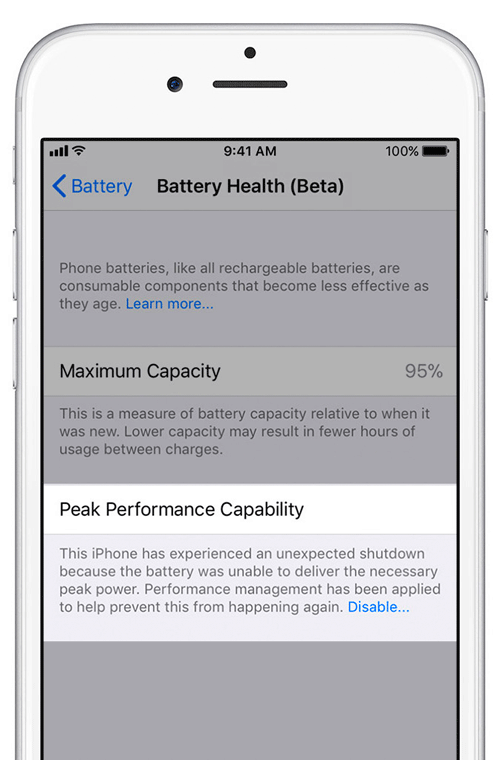Apple is the creator of iPhones, the famously expensive and highend smartphone.
But just like any other pieces of technology, the hardware inside iPhones will last. And here, Apple has done something that it thought would make people happy, but apparently resulted in quite the opposite.
A French regulator revealed that it had fined Apple €25 million (just over $27 million) over its throttling of older iPhones. The regulator fined Apple because the company didn’t warn customers. As the ruling goes, the regulator said that Apple essentially lied by omission to get users to buy new devices.
The fine comes from the Directorate General for Competition, Consumer Affairs and Fraud Prevention (DGCCRF), a competition and fraud watchdog.
It accused the company specifically of failing to warn users that iOS versions 10.2.1 and 11.2 would slow down the iPhone 6, 7, and SE models.
The DGCCRF released an announcement revealing that Apple had agreed to pay the fine. Apple also updated its French Apple website to display an announcement about the ruling.

It has been in the news for years that Apple deliberately throttles older iPhones through iOS' power management features.
Originally discovered by researchers at Geekbench in 2017, Apple admitted this after more people realized and reported this.
According to Apple, the main purpose of the throttling on older iPhones was to keep them from shutting down as the battery degraded:
The term 'throttling' is a method to adjust the clock speed of a CPU, or also known as "dynamic frequency scaling." CPU throttling is commonly used to automatically slow down a system to make it use less energy, and make it more capable in conserving battery.
All battery-powered devices are going to run into issues as they age, as their battery can no longer able to sustain peak outputs. For iPhone users, this can lead to slowdowns and occasional shutdowns, often without any clarity to the user.
To prevent such things from happening, Apple throttles older iPhones to keep them running without issues.
But for better or worse, Apple is said to be the only smartphone maker that is actively limiting its phones’ performance as they age.
In 2017, Android juggernauts like Samsung, LG, HTC, and Motorola all said that they don’t employ the same practice.
While Apple's statement said that CPU throttling was for a good cause, Apple wasn't really trumpeting the purpose of this feature. Instead of providing a fix solution, Apple allowed users to come to the conclusion that their device had aged past the point of usefulness and needed to be replaced.
The DGCCRF said that, since users weren’t warned about the throttling, and weren’t allowed to revert to their previous version of iOS either, “this lack of information to consumers constituted a misleading commercial practice by omission.”
Apple’s later offered replacement batteries at a steep discount in an attempt to regain users’ trust. It also implemented clearer Battery Health features.
